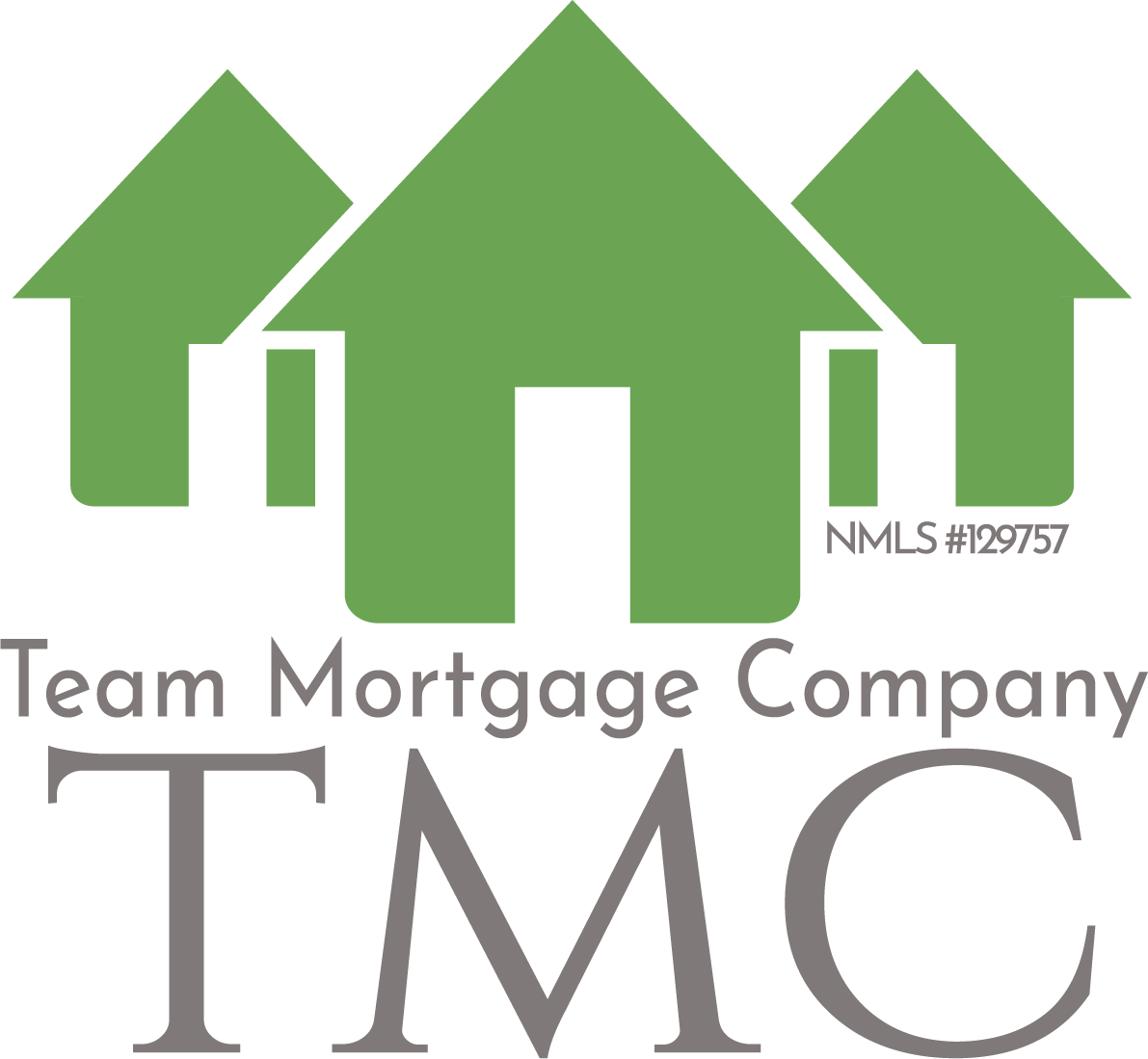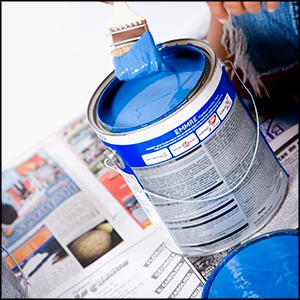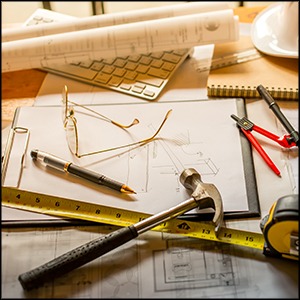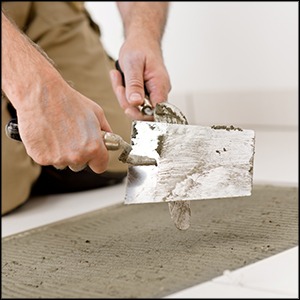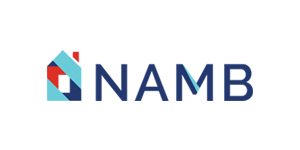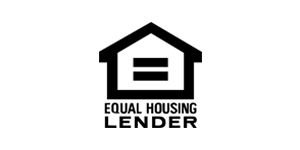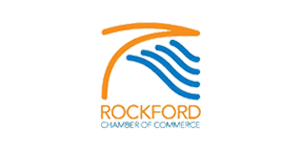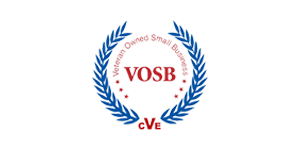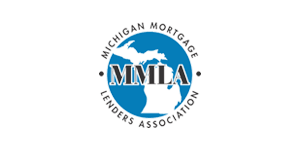Thinking about buying a house or remodeling your current home? Talk with our professional Grand Rapids mortgage specialists about the options available with an FHA home improvement loan — also known as 203K Construction loan. This loan program works well in today’s market but few individuals actually understand the benefits it offers.
This specialized loan allows you to buy a house and fix it up without using money out of your pocket — basing the loan amount on the future value after the improvements have been completed.
The 203K construction loan is the government’s primary program for the rehabilitation and repair of single family properties. As such, it is an important tool for community and neighborhood revitalization and for expanding homeownership opportunities.
How the FHA Home Improvement Loan Differs
Most mortgage financing plans provide only permanent financing. That is, the lender will not usually close the loan and release mortgage proceeds unless the condition and value of the property provides adequate loan security. When rehabilitation is involved, this means that a lender typically requires the improvements to be finished before a long-term mortgage is made.
When a homebuyer wants to purchase a house in need of repair or modernization, the homebuyer usually has to obtain financing first to purchase the dwelling; additional financing to do the rehabilitation construction; and a permanent mortgage when the work is completed to pay off the interim loans with a permanent mortgage. Often the interim financing (acquisition and construction loans) involves relatively high interest rates and short amortization periods.
The FHA Home Improvement Loan program was designed to address this situation. The borrower can get just one mortgage loan, at a long-term fixed (or adjustable) rate, to finance both the acquisition and the rehabilitation of the property. To provide funds for the rehabilitation, the mortgage amount is based on the projected value of the property with the work completed, taking into account the cost of the work. To minimize the risk to the mortgage lender, the mortgage loan (the maximum allowable amount) is eligible for endorsement by HUD as soon as the mortgage proceeds are disbursed and a rehabilitation escrow account is established. At this point the lender has a fully-insured mortgage loan.
To be eligible, the property must be a one to four family dwelling that has been completed for at least one year. The number of units on the site must be acceptable according to the provisions of local zoning requirements. All newly constructed units must be attached to the existing dwelling. Cooperative units are not eligible.
Homes that have been demolished, or will be razed as part of the rehabilitation work, are eligible provided some of the existing foundation system remains in place.
In addition to typical home rehabilitation projects, this program can be used to convert a one-family dwelling to a two, three, or four family dwelling. An existing multi-unit dwelling could be decreased to a one- to four-family unit.
An existing house (or modular unit) on another site can be moved onto the mortgaged property; however, release of loan proceeds for the existing structure on the non-mortgaged property is not allowed until the new foundation has been properly inspected and the dwelling has been properly placed and secured to the new foundation.
A FHA Home Improvement Loan may originate on a ‘mixed use’ residential property if:
- The property has no greater than 25% (one-story building), 33% (three-story building) and 49% (two-story building) of its floor area used for commercial (storefront) purposes
- The commercial use will not affect the residential property occupant’s health and safety
- The rehabilitation funds will only be used for the residential functions of the dwelling and areas used to access the residential part of the property
There are two types of FHA home improvement loans available, Streamline and Fully Funded.
Streamline FHA Home Improvement Loans
This loan is less complex and should be used for improvements and repairs up to $35,000, to:
- Finish your basement
- Remodel your kitchen or baths
- Add a new furnace and air conditioning system
- Make minor electrical and plumbing repairs
- Connect to a public water & sewer system
- Build or repair a deck
- Install new flooring
- Paint or repaint interior or exterior walls
- Install new cabinets or countertops
- Add or replace exterior siding
- Repair or replace your roof
- Buy a new stove, refrigerator, microwave, dishwasher, hood vent or washer & dryer
As an example: Jon and Jane want to buy a house for 200,000. The house needs a new furnace, a new roof and a deck that will altogether cost $23,000. With their streamline FHA Home Improvement loan, they will need a down payment of 3.5% of $223,000 (the purchase price plus the cost of repairs). The loan amount will be $215,195 with a down payment of $7,805. Fifty percent of the funds needed to complete the project are released when the loan closes and the other 50% are held in escrow and disbursed upon completion.
A refinance would work in a similar fashion. Let’s say Jim owns a home that is valued at $300,000. Jim owes $275,000 and wants to finish the basement at a cost of $35,000. Jim can get a loan for up to 96.5% of $335,000 to complete this project but since the project is using the maximum amount of $35,000, Jim’s loan amount will be $310,000. This would allow him to complete the project with no out-of-pocket expense.
Fully Funded FHA Home Improvement Loans
This version uses the full potential of the funds for a complete rehab project. As an example, if Jon & Jane decided to buy a 300k home that needed to be completely rehabbed & planned on putting an addition, they would opt for a full FHA Home Improvement loan. Let’s say the project will cost 160k. Provided the future value could be supported, Jon & Jane could have a loan amount for 96.5% of $460k, allowing them to cover nearly the full cost of the remodel.
In today’s real estate market, the FHA Home Improvement loan is a tremendous option. The government wants the housing market to recover and neighborhoods to flourish. While the tidal wave of foreclosures is not predicted to subside for some time, this provides unprecedented opportunity for a buyer with vision. Some of these places need some work, and the FHA Home Improvement loan is ideal for those that have ability to buy but are not profoundly rich. Coupled with the extension of the tax credit (which is no longer just for first time home buyers), there is major incentive to get off the bench.
For more information about FHA home improvement loans from the experts at Team Mortgage Company, please contact us here or call us directly at 616.974.9710.
